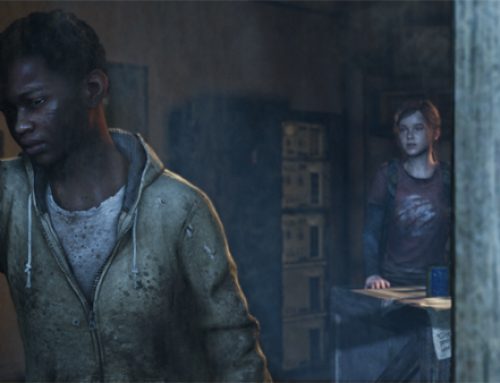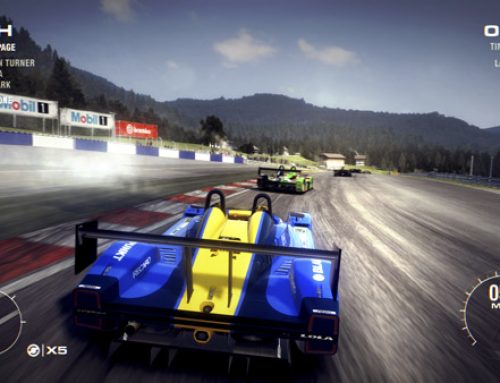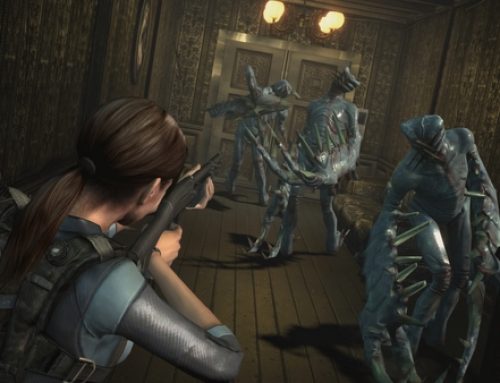Other than throwing needless articles in front of video game titles (“The Wii Fit”), the quickest way you can get a roomful of gamers to turn on you is to insinuate that their preferred medium is inferior to books, TV or movies. Poor Roger Ebert said back in 2005 that video games can’t be considered art, clarifying a year later that he meant they can’t be considered “high art,” and he’s never lived it down.
Mention his name or the whole, “Are games art?” conversation on a blog like Gawker’s Kotaku or AOL’s Joystiq, and you’re bound to stir up some folks.
It’s likely then that Kotaku’s Stephen Totilo (formerly of MTV’s Multiplayer blog) knew he was creating Web traffic gold with his post, “We Get It, Terminator Salvation Movie Is Just Like A Video Game.”
The post led with a typical froth-inducing line: “In trying to describe how much they disliked the new Terminator movie, many movie reviewers decided that comparing it to video games would do the trick.” The post then goes on to cite a litany of quotes, of which this, from the Seattle Times’ John Hartl, is a typical example: “More video game than movie, ‘Terminator Salvation’ is the fourth and easily the least-entertaining installment in one of Hollywood’s most successful science-fiction franchises.”
While some of “Salvation’s” many critics are clearly beating up on games, others drive home points that indicate how much ground games have to make up. Mark Wilson, of tech blog Gizmodo, says “It’s a two-hour video game linking a series of sequences that have little reason for existence other than McG’s action-packed directing style.”
Wilson’s comment is a worthy critique of action movies, a genre whose writers have largely forgotten how to tell a memorable story. But it hits home even moreso with games, particularly first- and third-person shooters. Readers of my weekly “What to play” blog posts may have noticed that I’ve been working my way through Sony’s “Killzone 2” for the better part of two months.
Part of the reason I keep setting aside a game that might be the best-looking title I’ve played is that it conforms to Wilson’s critique of “Terminator Salvation.” It feels very much like a game, in that I find myself playing through one gorgeous level after another, but the story, characters and dialogue add little to the experience. It’s a series of set pieces, connected by some old gaming standbys: Go investigate the downed aircraft and see if there are any survivors; take control of the bridge; wipe out the enemy’s supply line; eliminate all hostiles; etc.
Games like “Killzone 2” (rated M, $60 on PlayStation 3) and “Gears of War” (rated M, $40 on Xbox 360) sell millions and garner rave reviews, but they also hammer home the point that, in terms of their ability to tell an amazing story, video games lag far behind books, film and TV.
On some occasions, the connection between plot and gameplay seems so tenuous I’ve found myself wondering whether the developers created all the levels first, then hired writers to try to explain how they all fit together.
A phrase bandied about all too often is that video games haven’t had their “Citizen Kane” moment. Movie director Guillermo del Toro (“Pan’s Labyrinth,” “The Hobbit”) recently told Wired he thinks that, like graphic novels, video games will rise out of the “geek gutter” with a “Citizen Kane”-type achievement sometime within the next 10 years.
It’s fair to say that, with the success of the Wii and games like “Rock Band” and “Guitar Hero” fueling a populist, casual gamer revolution, games have already started to come out of the basement. But it will take a special game to make skeptics shake their heads and say, “Wow.”



